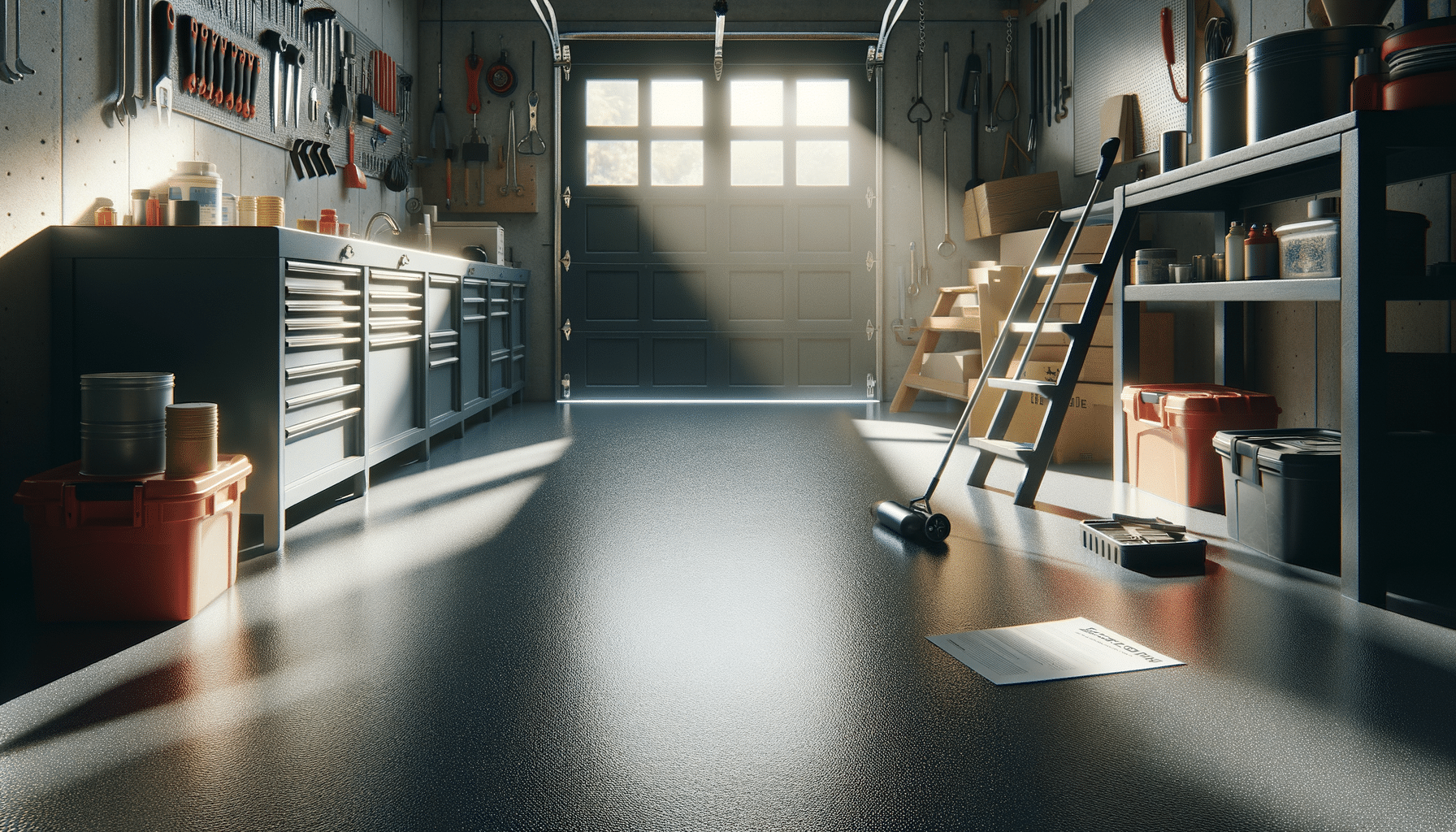
Exploring the Benefits and Installation of Epoxy Garage Flooring
Introduction to Epoxy Garage Flooring
Epoxy garage flooring has become a favored choice among homeowners seeking both durability and aesthetics in their garage spaces. This type of flooring provides a seamless and glossy finish that not only enhances the visual appeal of a garage but also offers exceptional protection against wear and tear. As garages often endure heavy traffic and exposure to various elements, choosing the right flooring is crucial. Epoxy flooring stands out due to its resilience and ease of maintenance, making it a practical solution for long-term use.
Understanding the Composition and Benefits of Epoxy Flooring
Epoxy flooring is composed of a combination of resin and hardening chemicals that, when mixed, create a rigid plastic material. This material is applied as a coating over concrete floors, forming a durable layer that can withstand significant pressure and impact. Among the benefits of epoxy flooring are its resistance to stains and chemicals, which is particularly useful in a garage setting where oil spills and chemical leaks are common. Additionally, epoxy flooring is water-resistant, reducing the risk of damage from moisture and making it easy to clean spills.
- Durability: Epoxy floors are highly durable and can last for many years with proper maintenance.
- Maintenance: The smooth surface of epoxy makes it easy to clean, often requiring just a simple sweep or mop.
- Aesthetic Appeal: Available in various colors and finishes, epoxy flooring can be customized to match personal style preferences.
Installation Process of Epoxy Garage Flooring
The installation of epoxy flooring involves several steps to ensure a strong and lasting finish. The process begins with thorough cleaning and preparation of the concrete surface. Any existing coatings or sealants need to be removed, and the floor must be free of dust and debris. Once the surface is prepared, the epoxy mixture is applied in layers. Typically, a primer layer is followed by one or more coats of epoxy. Each layer must be allowed to cure before the next is applied, ensuring a solid bond and smooth finish.
Professional installation is often recommended to achieve the best results, as it requires precision and expertise. However, for those who prefer a DIY approach, epoxy kits are available that include detailed instructions and all necessary materials.
Comparing Epoxy Flooring with Other Garage Flooring Options
When considering flooring options for a garage, epoxy is often compared to alternatives such as concrete sealers, tiles, and mats. Each option has its own advantages and drawbacks. Concrete sealers, for instance, offer a basic level of protection but lack the durability and aesthetic appeal of epoxy. Garage tiles provide a customizable and easy-to-install option but may not offer the same level of resistance to heavy impacts. Mats are convenient and can be moved or replaced easily, but they do not provide a permanent solution.
Epoxy flooring is generally more cost-effective in the long run due to its durability and low maintenance needs. While the initial investment may be higher compared to some alternatives, the longevity and performance of epoxy make it a worthwhile choice for many homeowners.
Conclusion: Is Epoxy Garage Flooring Right for You?
Epoxy garage flooring offers a blend of functionality and style that is hard to match. Its durability, ease of maintenance, and aesthetic versatility make it an appealing choice for homeowners looking to upgrade their garage spaces. Whether you prioritize a sleek finish or require a floor that can withstand heavy use, epoxy flooring is a strong contender. Considering the specific needs of your garage and your personal preferences can help determine if epoxy flooring is the right investment for your home.


